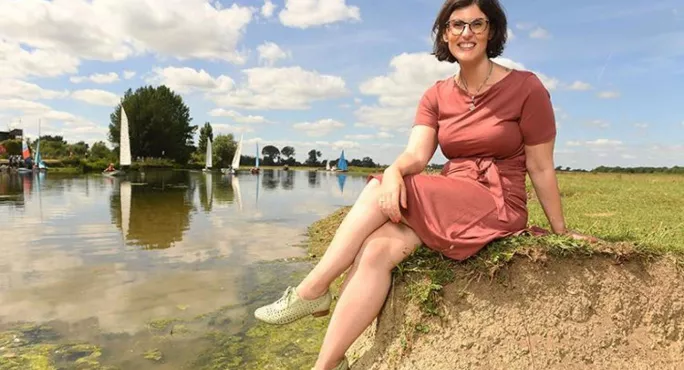It’s a remark commonly heard that your school days are the best of your life. But for too many, that sadly isn’t the case.
It can be an environment that excludes and divides in the same way that our society can be. What we want for future generations is surely for them to grow up and learn in a way that challenges the boundaries previous societies have been restricted by, but too often we are hearing that this same marginalisation is also taking place in all levels of our education system.
All children in our country have been born in the 21st century, yet more than 30 per cent are living in poverty. That’s shameful.
Some two-thirds of UK girls miss class because of periods and the culture of shame and stigma associated; and this week, thousands of families will protest against cuts to SEND funding.
For me, schools are a place of expression - it is certainly the refrain that I sought to spread throughout the classrooms in which I taught. We must encourage pupils to explore their aspirations and individuality, but also to understand that they are in a safe space. Children are vulnerable, and we have a responsibility, as teachers and elected representatives, to prepare them for society and adult life.
The themes that are running through our schools are the same that exist outside of them: intimidation, inequality and a lack of acceptance.
What message does it send to LGBT children, or children from families that don’t adhere to the “2.4 mould”, that schools across the country are facing pushback on educating individuals about issues that could directly affect them? But even if they don’t, if we want our children to grow up to be progressive, and to build on the successes we have had in relation to equality (something I’m proud of the Liberal Democrats for), we need to teach them about the real world.
Even within my own party, which is liberal and open, I’m known for being a bit “out there”. I want to tear up the rule book when it comes to our education system; the relentless testing, the archaic standards structures, but most importantly, how we measure the success of our schools. Our focus should be on wellbeing, culture and on building individuals ready to take on and change the world.
OK, I know that not every kid will grow up to be the prime minister. But they should all grow up with a belief that they could be. Regardless of background, sexual orientation, race or physical or mental ill health. And there are signs that students themselves want to attack the status quo and show us that the direction of travel is not good enough. Our young people are regularly taking to the streets to protest at this government’s woeful approach to climate change, because they are being ignored, and are not being taught about the issues that matter to them, as 21st-century citizens.
They can clearly see that society is failing them.
We, as those with influence, need to recognise that the priorities and needs of our children are different from those that many of us faced. The pressures that have come from social media have changed the game entirely. And that doesn’t mean that it’s a bad thing; it means that they have access to information that isn’t being explained to them or contextualised in a safe and transparent environment, like a classroom. We need to change that.



